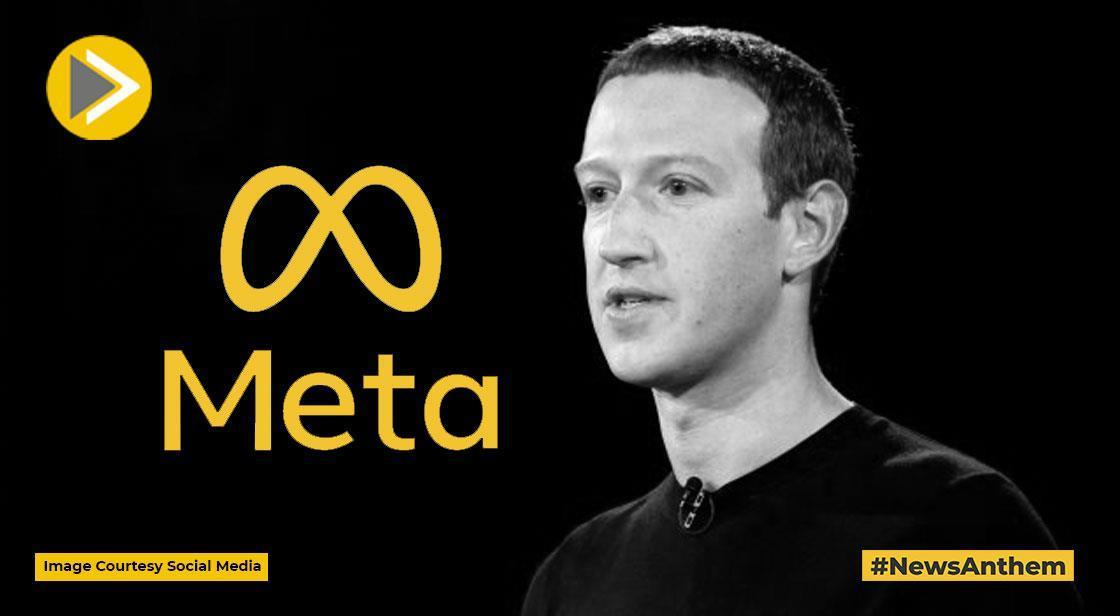Meta Relaxes Hate Speech Rules Amid Political Shifts: Zuckerberg Responds

News Synopsis
Meta, the parent company of Facebook, Instagram, and Threads, has sparked fresh controversy by rolling back several content moderation policies related to hate speech, particularly around sensitive topics like gender identity, sexual orientation, and immigration status.
This policy reversal, announced recently, aligns with Meta’s broader shift in approach as it prepares for potential political shifts, including a second Trump administration.
The move mirrors Elon Musk's controversial stance on content moderation on X (formerly Twitter) and has raised alarms among advocacy groups, who warn that these changes could lead to real-world harm. Critics say Meta is prioritizing business interests over the safety of vulnerable communities.
Meta’s Updated Hate Speech Guidelines
Mark Zuckerberg, Meta’s CEO, defended the policy changes by stating that the company’s previous rules had become disconnected from "mainstream discourse." Citing recent elections as a catalyst for these shifts, Zuckerberg announced the relaxation of restrictions on topics like immigration and gender.
The updates include the following:
-
Meta now permits allegations of mental illness or abnormality based on gender or sexual orientation. The company justified this change by pointing to "political and religious discourse about transgenderism and homosexuality" and the "common non-serious usage of words like ‘weird.’”
-
However, slurs historically associated with intimidation—such as Blackface and Holocaust denial—remain prohibited.
In another notable revision, Meta removed a key sentence from its policy rationale that previously highlighted the dangers of hate speech. The deleted sentence stated:
“Hate speech creates an environment of intimidation and exclusion and, in some cases, may promote offline violence.”
Concerns Over Safety and Content Moderation
The changes have drawn significant criticism, with experts warning of the potential societal consequences. Arturo Bjar, a former Meta engineering director renowned for his expertise in combating online harassment, expressed concern about the rollback of harmful content policies.
Bjar noted that Meta has shifted its strategy from proactively enforcing rules against issues like bullying and harassment to relying on user reports before taking action. Automated systems will now primarily focus on severe violations like terrorism, child exploitation, drugs, and fraud.
Bjar’s Warning:
“Meta knows that by the time a report is submitted and reviewed, the content will have done most of its harm. I shudder to think what these changes will mean for our youth. Meta is abdicating their responsibility to safety.”
Bjar added that the lack of transparency around the impacts of these changes, particularly on teenagers, is deeply troubling.
Meta’s Controversial History with Hate Speech
This isn’t the first time Meta’s content moderation policies have come under scrutiny. In 2018, the company acknowledged its failure to prevent its platform from being weaponized to incite violence in Myanmar. This failure contributed to escalating communal hatred and violence against the Muslim Rohingya minority.
Experts like Ben Leiner from the University of Virginia believe that Meta’s latest move is driven by two key factors:
-
Reducing operational costs associated with content moderation.
-
Earning favor with political administrations that might influence regulatory policies.
Leiner noted:
“This decision will lead to real-world harm, not only in the United States where hate speech and disinformation are rising but also abroad, where disinformation has fueled ethnic conflicts in regions like Myanmar.”
What Lies Ahead for Meta?
As Meta relaxes its policies, questions loom about the broader implications of these decisions. Advocacy groups, academics, and policy experts are urging greater transparency and accountability from the social media giant, particularly as its platforms continue to play a pivotal role in shaping public discourse.
While Meta has maintained that its automated systems will prioritize tackling severe violations, critics argue that the reliance on user reports and scaled-back proactive enforcement creates loopholes for harmful content to proliferate.
Conclusion
Meta’s rollback of hate speech rules signifies a major shift in its content moderation approach, sparking widespread debate. While the company positions this change as aligning with “mainstream discourse,” critics worry about the tangible harms to vulnerable groups and the potential erosion of online safety. As discussions around social media regulation intensify globally, Meta’s policies are likely to face heightened scrutiny in the months ahead.
You May Like









